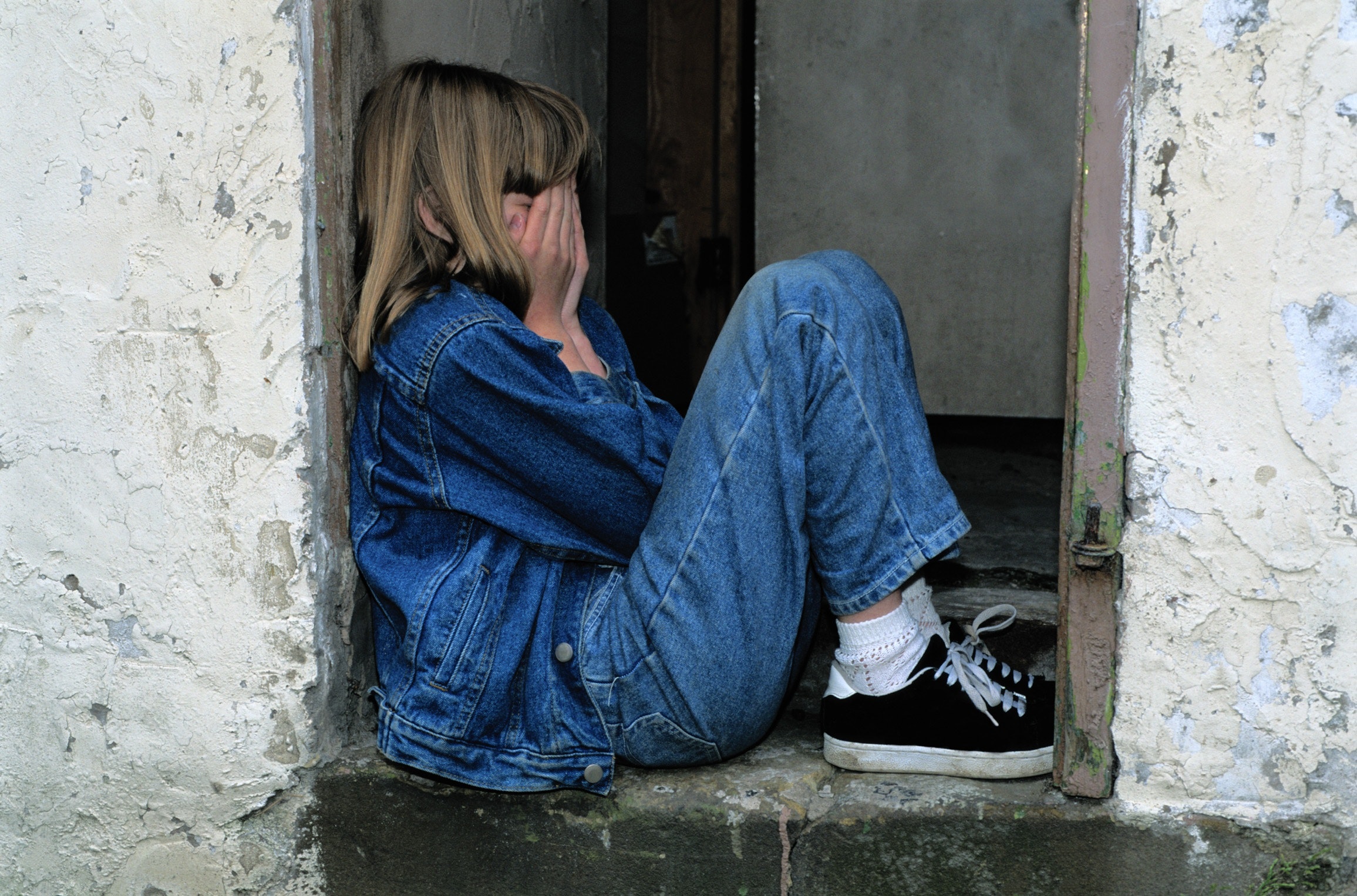Living with domestic abuse is a sad reality for many children, with traumatic effects that can last a lifetime. When one parent perpetrates violence against another within the home, the safety and wellbeing of any children must take priority in custody decisions. However difficult, restricting abusive parents’ access is often the only way to protect their child from further psychological and physical harm.
The Effects of Domestic Abuse on Children
Living in a home environment characterised by domestic abuse, coercion and control can be extremely damaging to a child’s psychosocial functioning and development. Even if the child is not the direct target of physical violence, simply witnessing repeated parental conflict, aggression and dominance in the home can induce significant psychological stress and trauma.
Multiple studies have confirmed that children exposed to domestic violence exhibit more emotional and behavioural problems compared to non-exposed children. Possible effects include anxiousness, depression, low self-esteem, anger issues, disobedience and aggression. Exposure to parental violence has also been linked to poor academic performance and social functioning in childhood along with higher susceptibility to experiencing abuse in their own future relationships. Neurological research indicates that the highly stressful environment impairs healthy brain development and can lead to cognitive deficits.
The learned abusive behaviours often continue the cycle of violence into the next generation. Sons of abusive fathers are more likely to become abusers themselves. Daughters tend to enter relationships with abusive partners due to distorted perceptions of acceptable male behaviour.
Physical and Sexual Abuse Risks
In families with domestic abuse there is also an increased likelihood of direct physical or sexual abuse being inflicted on the child by the abusive parent. Studies indicate a high degree of overlap between violence against a partner and violence against children in the home. In such cases, physical harm or trauma from assault, excessive punishment or sexual molestation can compound the psychological trauma of witnessing abuse between parents.
Given all these demonstrated risks, it is evident that growing up in an abusive home environment can severely compromise a child’s development, health, safety and wellbeing. The exposure to trauma often leaves lasting scars well into adulthood. The harms outweigh any potential benefit the child gains from maintaining a relationship with the domestically violent parent.
Child Welfare Over Parental Rights
Some argue that completely denying child access or custody to an abusive parent infringes that parent’s fundamental rights. However, in balancing the rights of the abusive parent against the rights of the child victim, courts increasingly recognise the child’s safety takes precedence.
Parental rights implicitly come with responsibilities – including the responsibility to provide adequate care and nurture for one’s offspring. When one parent perpetrates abuse against another parent, they are failing at this parental responsibility. State intervention is justified on the grounds of preventing harm to the child who cannot protect themselves. In cases of domestic violence, the welfare of the vulnerable child is prioritised over any custodial privileges of the abusive parent.
Child custody laws have evolved to enable protective orders, supervised visits and physical separation between the child and abuser. Such policies align with the UN Convention on the Rights of the Child which affirms the state’s role in intervening when parents or guardians threaten harm. Revoking child access rights is reserved for serious cases given the significance of maintaining a child’s relationship with both parents where possible. However, in abusive family environments, contact with the perpetrator of violence often does more harm than good.
Recommendations for Custody Determinations
In light of the above, certain recommendations can be made regarding child custody decisions in situations where one parent has been domestically abusive:
- The impact of the domestic abuse on the child should be the court’s paramount consideration above any parental rights. Everything possible should be done to avoid further trauma.
- An abuser’s contact with the child should be denied or heavily supervised where this is necessary to ensure the child’s safety. For younger children, it is advisable to halt contact visits until the child is older and better able to self-protect.
- Child protection staff should closely investigate incidents of domestic violence and gather evidence to present to the court. The views of the child regarding future contact should also be taken into account.
- Rehabilitative anger management programs may be required before allowing an abusive parent increased access. However, courts should exercise caution about such program effectiveness.
- Where sole or majority custody is awarded to the abused parent, robust legally enforceable protections must be put in place to prevent harassment by the abuser.
While parental rights deserve respect, they cannot come at the cost of a child’s fundamental welfare. Where domestic abuse exists, parental responsibilities towards protecting children eclipse any parental rights of access. Given the extensively documented harms, separating the child from the domestic abuser through custody restriction is often the safest option. Such policy upholds the state’s duty to protect vulnerable children and serves to break the cycle of violence. With vigilant policing of custody orders, a difficult balance can be achieved between child protection and parental access rights.

